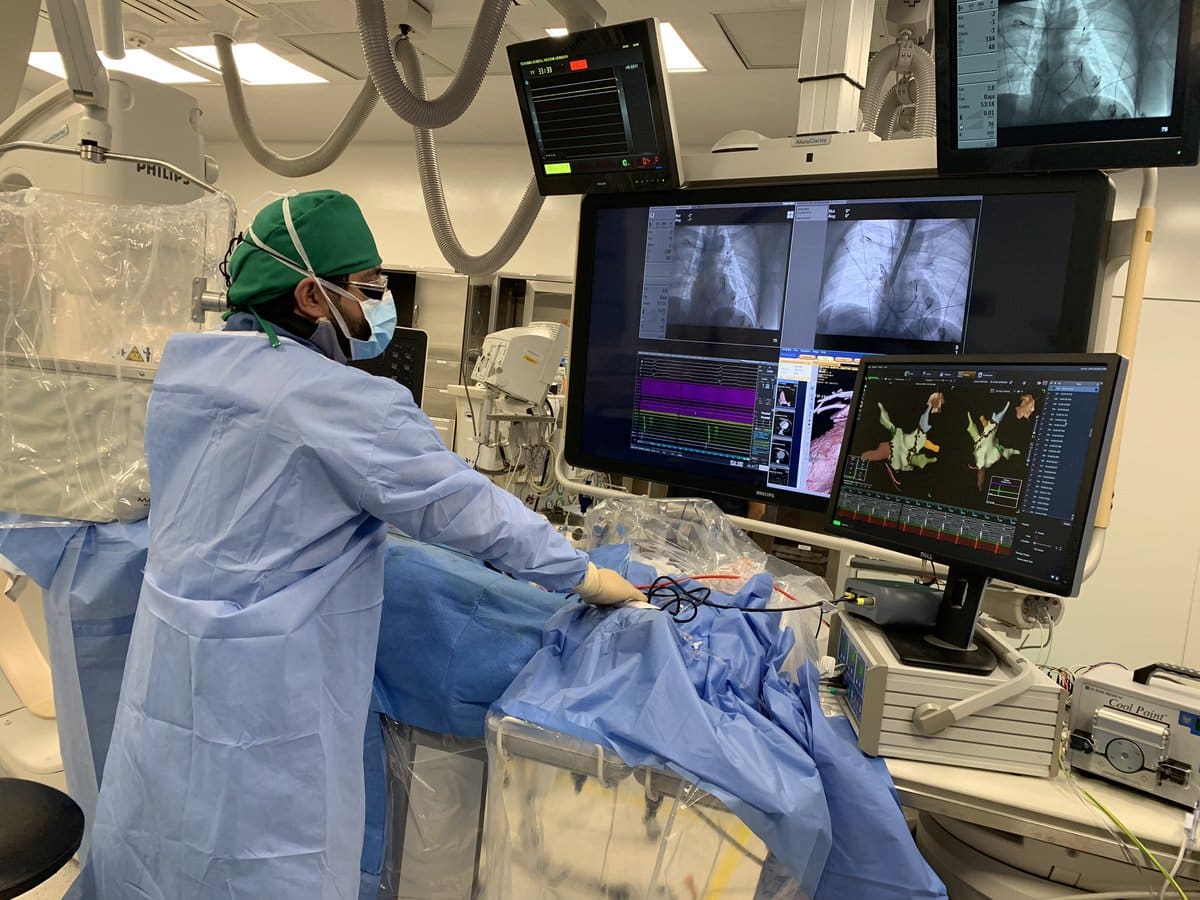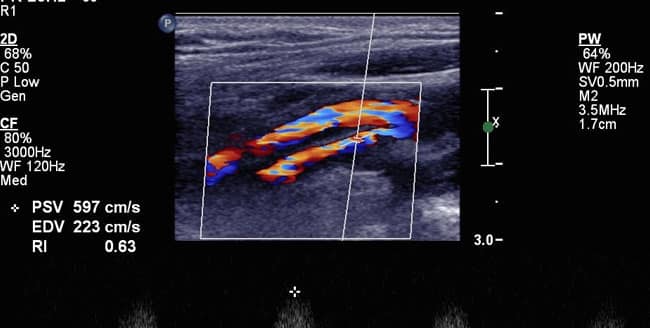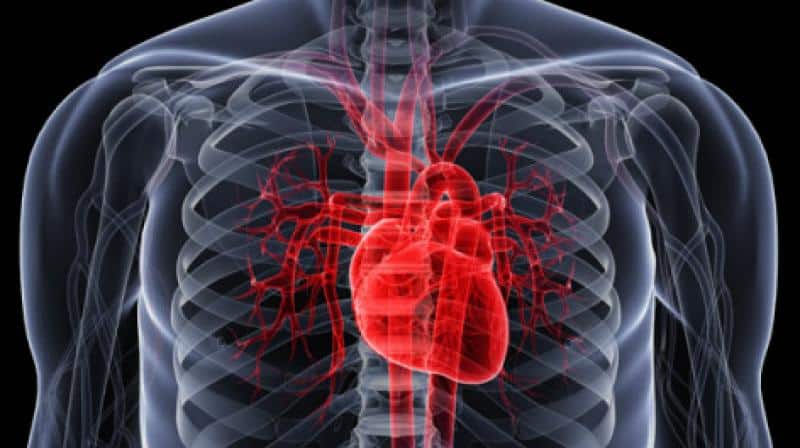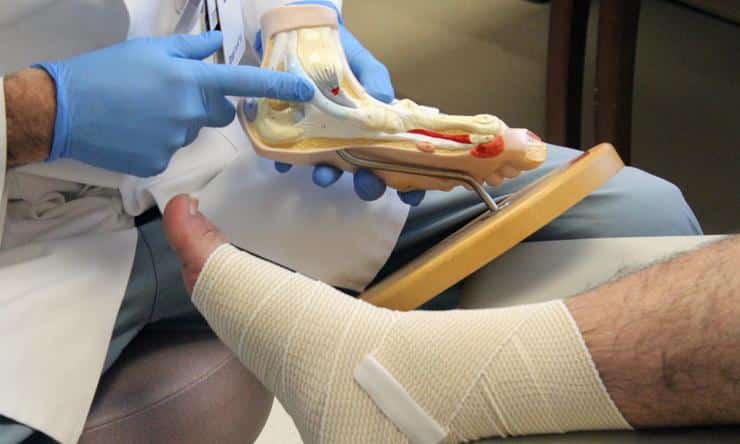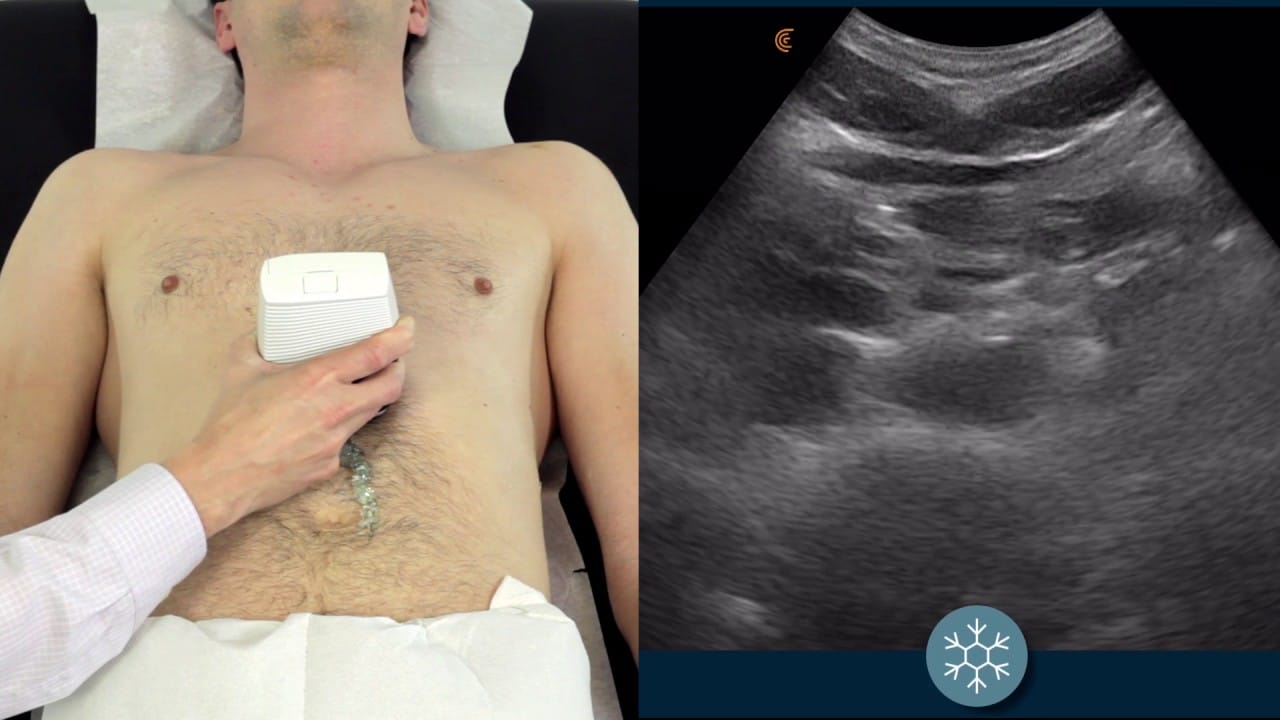Peak Heart & Vascular
Multispecialty Cardiovascular Group located in Laveen, Surprise, Avondale, Phoenix, and Flagstaff, AZ
Pulmonary hypertension is a severe and chronic condition that requires medical management to avoid worsening symptoms and dangerous complications. The board-certified team at Peak Heart & Vascular provides expert diagnosis and care for all types of pulmonary hypertension. With your experienced provider’s help, you can improve your health and enjoy a robust, full life even with a diagnosis of pulmonary hypertension.
Pulmonary Hypertension Q & A
What is pulmonary hypertension?
Pulmonary hypertension (PH) is high blood pressure that affects the arteries in your lungs. It can also affect the right side of your heart, which is responsible for circulating blood to and from your lungs.
Pulmonary hypertension causes the blood vessels of the lungs to become damaged, hardened, and narrowed. This forces your heart to work harder to pump enough blood to your lungs. Eventually, the stress on your heart muscle can lead to heart failure.
This chronic condition can have severe health consequences, but a trusted provider at Peak Heart & Vascular can help you manage the disease so you can lead a normal life.
What are the symptoms of pulmonary hypertension?
Common signs and symptoms of pulmonary hypertension include:
- Shortness of breath
- Fatigue
- Dizziness or fainting
- Chest pain
- Ankle, leg, or abdominal swelling
- Blue lips or skin
You may also experience a fast pulse or heart palpitations.
What causes pulmonary hypertension?
Pulmonary hypertension is divided into five categories:
- I-Pulmonary arterial hypertension
- II-Pulmonary hypertension due to left heart disease
- III-Pulmonary hypertension due to lung disease
- IV-Pulmonary hypertension due to chronic blood clots
- V-Pulmonary hypertension due to unknown causes
Different factors can also contribute to the five categories of pulmonary hypertension. These include:
- Genetics
- Congenital heart defects
- Some prescription and illegal drugs
- Connective tissue disorders
- Liver disease
- General hypertension
Other risk factors for pulmonary hypertension include being overweight, living at high altitudes, and exposure to environmental toxins, like asbestos.
How does a doctor diagnose pulmonary hypertension?
To diagnose pulmonary hypertension, your Peak Heart & Vascular provider begins with a health history, a discussion about your symptoms, and a physical exam. They listen to your heart and lungs and check for signs of underlying conditions. They may also perform a pulmonary function test to evaluate the health of your lungs.
In some cases, your doctor may recommend a sleep study, diagnostic imaging, or a right heart catheterization to identify the exact cause of your symptoms.
What is the treatment for pulmonary hypertension?
Your caring doctor at Peak Heart & Vascular works with you to create a personalized plan to manage your condition. Based on the cause and type of pulmonary hypertension, your doctor may recommend lifestyle changes, like quitting smoking, dietary changes, and increased exercise.
They may also prescribe medications such as vasodilators, which help reopen narrow arteries to increase blood flow. They may also use medication to address any underlying conditions that contribute to pulmonary hypertension.
To schedule an evaluation for pulmonary hypertension with an outstanding member of the medical team at Peak Heart & Vascular, call the office today or request an appointment online.

